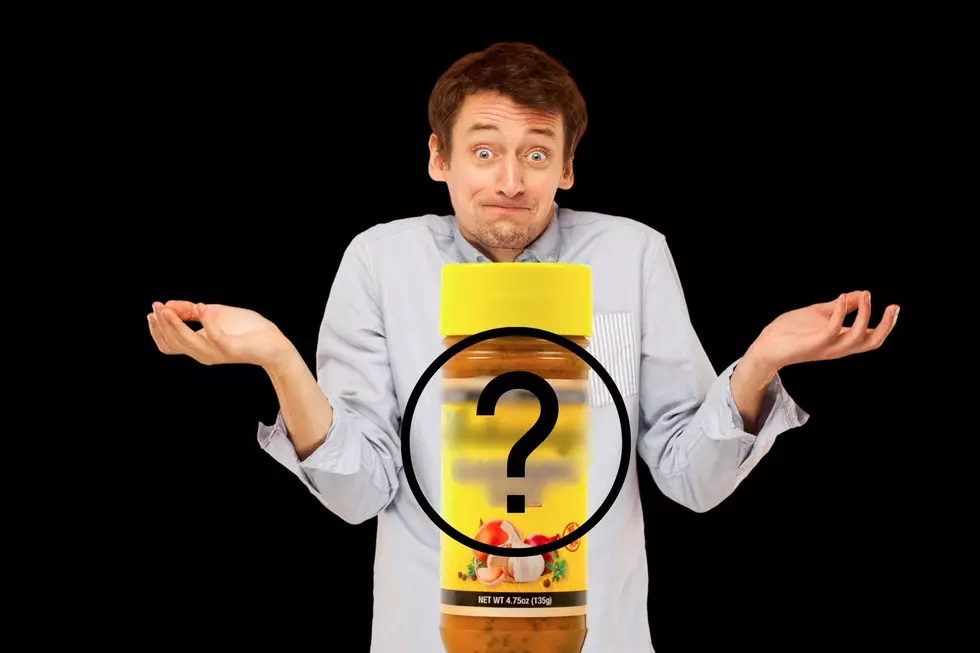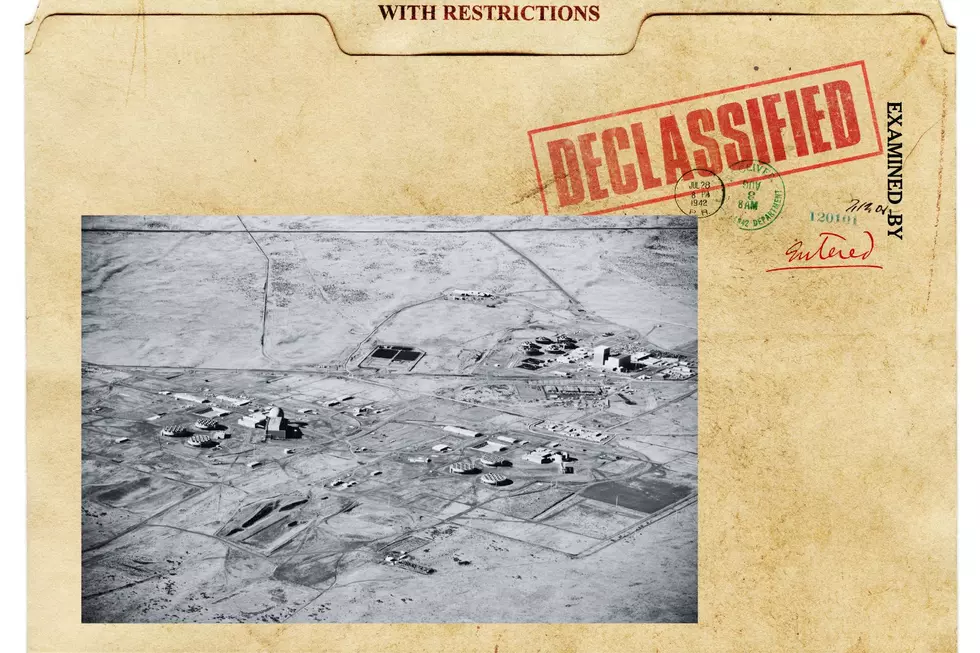
Catching Cash: Earn $22K a Month Fishing the Columbia River
It’s called the Pikeminnow Sport Reward Fishery Program and it pays anglers cash for catching Northern Pikeminnows. Pikeminnows are a threat to juvenile salmon and steelhead. In other words, do something you enjoy (fishing), save salmon, and make some cash at the same time.
How does the Pikeminnow Sport Reward Fishery Program Work?

The program is simple. Anglers get paid for each Northern Pikeminnow they catch! The program, administered by the Pacific States Marine Fisheries Commission and funded by the Bonneville Power Administration, runs May 1 through September 30 every year. The fishing areas stretch from the mouth of the Columbia River to Priest Rapids Dam and from the mouth of the Snake River to Hells Canyon Dam.
How much can I make fishing for Northern Pikeminnow?
According to the Department of Oregon Fish & Wildlife, anglers get paid from $6 to $10 for each pikeminnow that is over nine inches long. They even have specially tagged fish that are worth $500. This year, a man from Oregon earned the second-highest season payout of $107,800 – that’s an average of $21,560 each month during the season. The highest pikeminnow season payout was $119,341 in 2016.
Why are Northern Pikeminnow so bad for our rivers?
These fish prey on young salmon and steelhead, eating thousands of juveniles every year. The DOFW reports the goal isn’t to completely remove the pikeminnow but to eliminate or reduce the larger fish that are big enough to feed on young salmon and steelhead. Since the program began in 1990, the DOFW says the pikeminnow population in the Columbia and Snake Rivers has been cut by 40%, which gives juvenile salmon a better chance of making it out to sea.
TRENDING STORIES:
Does Washington State Have a Red Flag Law? How Does It Work?
Western WA Person Dies After Being Dumped Into Garbage Truck
Closed Eight Years Ago, Ray’s Golden Lion Gears Up for Opening Night
Snowtober: Washington Sees First Snowfall
10 Things Food Banks in Tri-Cities Need, But Won't Ask For
Gallery Credit: Woody
More From 102.7 KORD





![Would You Bungee Jump Off America’s Tallest Steel Bridge in WA? [VIDEO]](http://townsquare.media/site/112/files/2023/02/attachment-Untitled-design-2023-02-16T104719.580.jpg?w=980&q=75)



